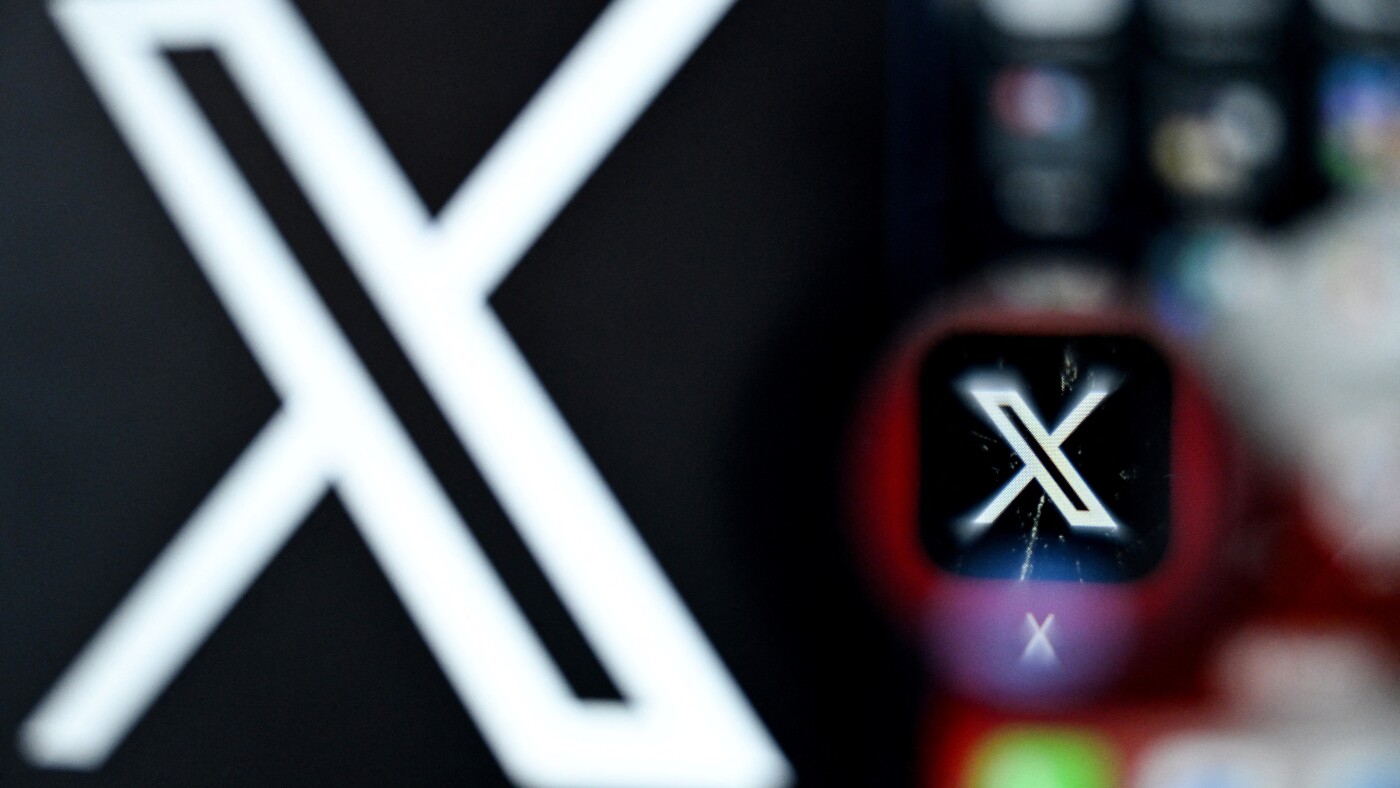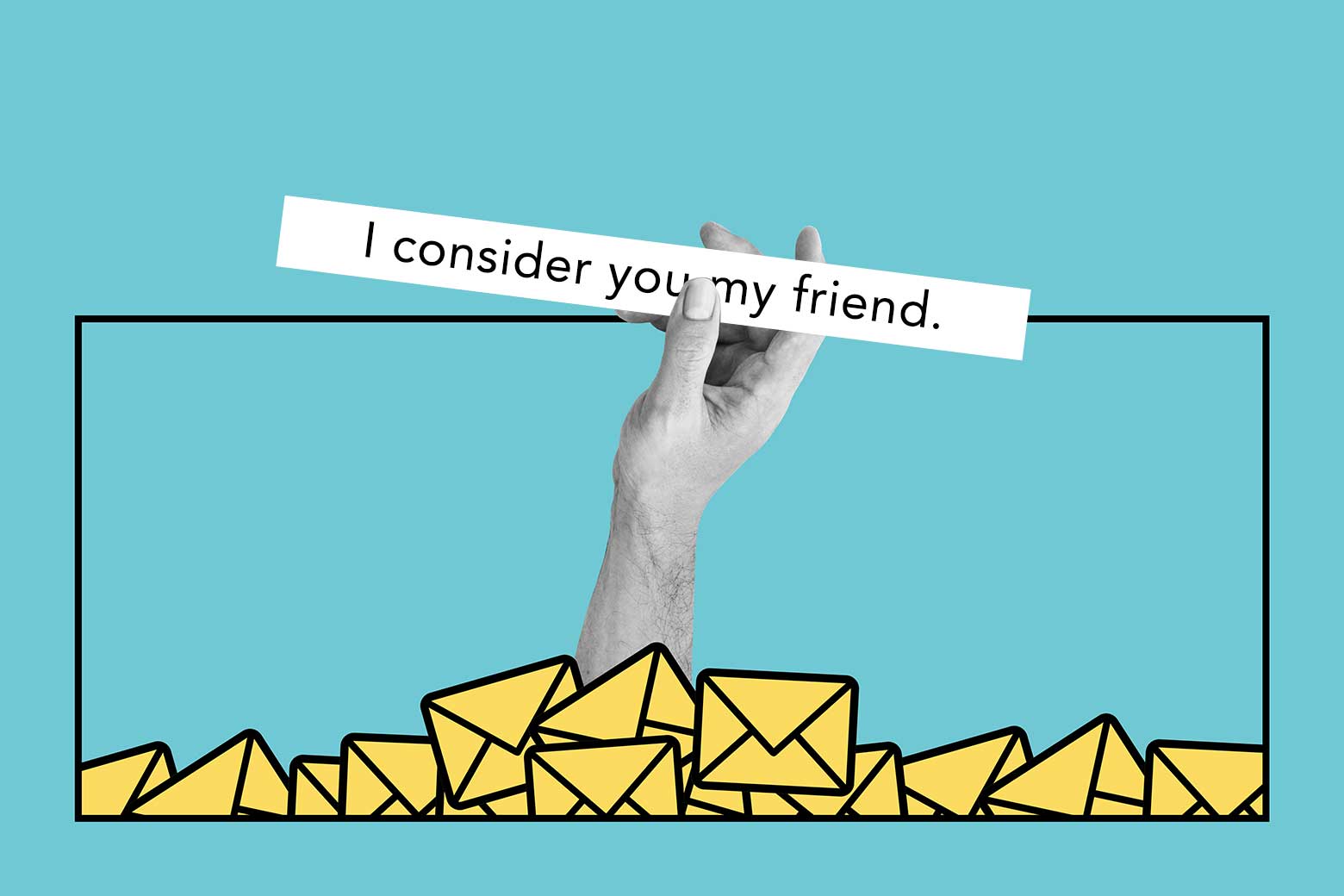Why Post Anything?
What do we want from our online content creation?
What do we seek when we’re creating stuff online?
It seems like a simple question, but I’d guess the responses to it would be quite varied. The question could be asked at any point, but it’s an interesting moment to ask it just days after Twitter (sorry, X)(nope, sorry again, still Twitter) decided to hide “likes” from public view.

Likes and retweets make up the currency of the platform. Likes are pretty much the currency on any platform. They’re how we mark engagement with our content.
It’s as simplistic as it is understandable that we might think the answer to the question is: I want likes.
I don’t create enough on social media accounts to say I’ve ever been much of a likes chaser, but I’d be lying if I said I didn’t find it intoxicating when just a handful of(literally count them on your fingers) likes have rolled in on a particular tweet. I can see why people would chase that feeling. And once upon a time ago, it was a great place to build a following. Not so much anymore.
I’ve decidedly redirected my efforts to this website and its accompanying newsletter. So what is it that I’m chasing?
Readers? Subscribers? Engagement? Some combination of the above is probably the best answer. It’s a return to the early 2000s kind of internet, before social media, when the web was dominated by individual blogs. That moments not coming back, and to the extent that it has tried, it’s probably been seen in the newsletter explosion a few years ago, thanks to Substack.
Caroline Crampton, of The Browser and her own books and newsletters, recently talked about being “in public” as a creative and, more basically, a person.

Her foray into the attention economy was pegged to selling her most-recent book, A Body Made of Glass:
I started this year fully intending to do this. And I did, for a few months — I showed up on social media, I made videos about my life for the first time and started getting thousands of views for each one, and I said yes to every opportunity to write a promotional piece that I was offered. But as I got more and more tired, and closer to burn out, a question kept plaguing me: what did all of this even have to do with writing a book? As I edited dozens of video clips together to make a 60-second TikTok with enough jump cuts in it that viewers wouldn't instantly scroll away, my doubts grew further.
I just deeply respected her decision to opt out:
So I'm not going to. I will write about what I'm doing, as writing, in my own space, unmediated by other forces. I stopped writing a personal email newsletter several years ago when newslettering became my dream job at The Browser, but now I want to bring that practice back into my days. I want to write about my work to people who have chosen to hear from me and nobody else, with no external forces shaping what I say, how I say it or whether they are able read it. Perhaps I will be leaving potential sales on the table if I retreat from the conventional book promotion hustle like this, but with some reflection I have decided that should that be the case, it will have been a worthwhile sacrifice. That's what I learned from this intense period of publicity: I cannot take part in it while also making work that is worth publicising.
I have only moderate amounts of readers and subscribers, so it’s easy to imagine what they might feel like and assume it’s great. But in this day and age, it doesn’t take too much for that to tip into the undesirable.
This article from Slate sums up the feeling of having too many expectations on you simply because people have chosen to engage with what you’ve produced.

It describes the balance between appreciation of the attention and the exasperation.
On one hand, what newsletter creator wouldn’t want their work to resonate with their audience so much that it drives them to reach out? On the other, how does a creator navigate the responsibilities and expectations of a parasocial relationship that formed without their buy-in? Is it now their obligation to not just provide customer service, but be a “good friend”?
So what do I want by creating things online?
Well, nothing much more than I’ve ever said before:
This is probably not normal, and I recognize that. I also realize that I do like the idea of leaving a digital footprint. I think about it when I think about this blog and what I want it to be at the end of the day. Ideally, I want it to be a catch-all for what I'm thinking and reading and doing. This is exactly what some people use their social media accounts for, but I've just never been one of them. I'm not likely to start this late in the game, either. I don't know why one seems better to me than the other, but it does.
If I’m lucky enough to bring a few readers with me along the way, all the better.



Comments